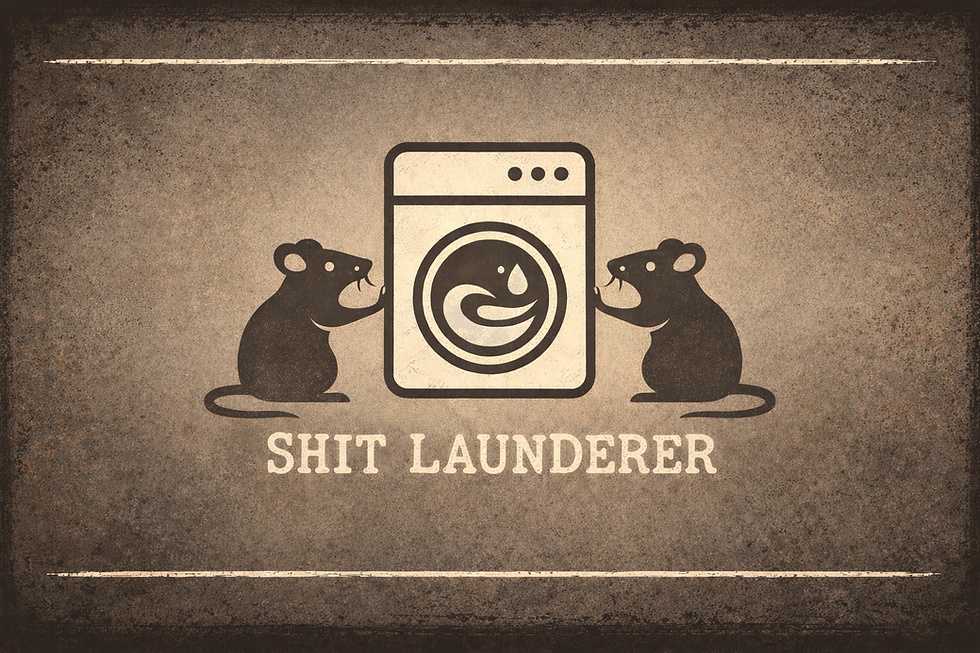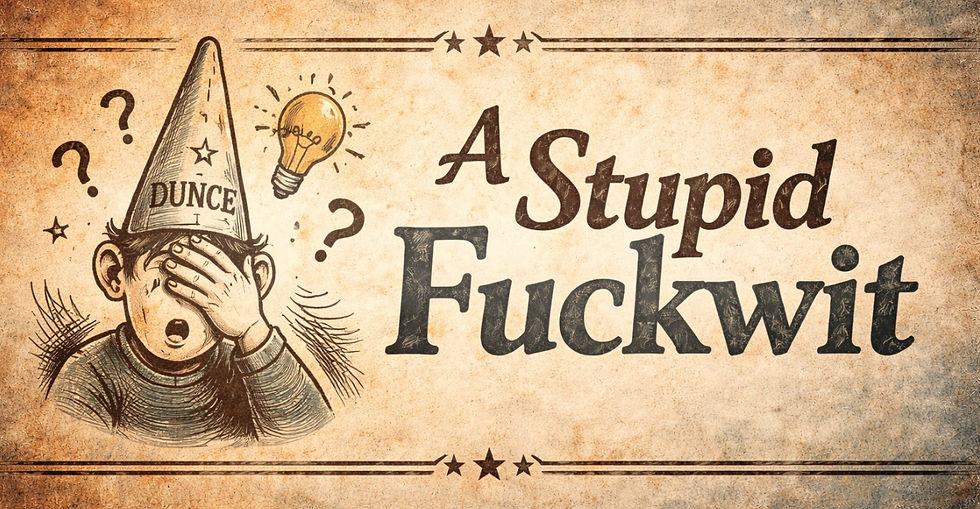The Thornbush of Regime Security: Seeing the Darker Putin
- john raymond
- Aug 29, 2025
- 2 min read

Vlad Vexler’s latest analysis of the missile strikes on the British Council and EU offices in Kyiv rightly sees them as deliberate acts of “negotiation by bombing.” But he stops short of exposing the true darkness at the core of Putin’s logic.
Putin is not a misguided imperialist defending a sphere of influence. He is a cynic who uses imperial language as a talisman for others, while for himself there is only one law: survival at any cost, even genocide.
To understand Putin otherwise is to grant him a shred of belief that he does not possess.
Vexler’s Reading: Negotiation Through Pain
Vexler is correct that Putin regards bombing as a form of negotiation. By striking British cultural institutions, Putin is not irrationally lashing out but sending a message: “Your presence in Ukraine makes the war longer. Withdraw, and it will end sooner.”
In this logic, coercion is peace pressure. Bombing is not an obstacle to negotiation, but a bargaining move.
The Thornbush Frame
But where Vexler imagines a Putin sincerely thinking in terms of spheres—Britain trespassing on “his” turf—he underestimates the cynicism at play. Putin does not believe in Russian imperialism. He uses it. It is propaganda for others, not conviction for himself.
The strike on the British Council is better understood as thornbush logic. Putin positions him army fighting in Ukraine as a bush bristling with thorns: every Western attempt to pluck fruit from the situation—liberalism, influence, resistance—results only in cuts and blood.
The message to Britain is not “respect my sphere.” It is: “There is nothing here but pain. Stop encouraging the Ukrainians to resist. Touch the bush again, and you will bleed worse.”
Why This Shortens the War in His Mind
Putin believes that inflicting pain on Western institutions will accelerate pressure on Ukraine to concede. If Britain, Germany, or Paris comes to believe there is no harvest in Ukraine but endless wounds, they will tell Zelensky to settle.
This is why Vexler is right to say Putin thinks the strike could shorten the war—but wrong to imply it is about defending turf. The “shortening” comes from exhaustion, not recognition of imperial legitimacy.
The Darker Putin
The darker truth is this: if regime security requires it, Putin would commit genocide not only in Ukraine but across Europe. The man would annihilate the world if that were the price of his own survival. His logic has no geographic ceiling, because any true independence anywhere is a threat to him.
He is not fighting for a sphere. He is fighting to extinguish liberalism as such. Imperial language is a cloak; the naked reality is nihilistic self-preservation.
Where Vexler offers us a Putin we might forgive as a mistaken believer, the reality is more chilling: there is nothing to forgive, because there are no beliefs, only survival by destruction.
The Real Implication
If analysts cling to the notion of Putin as an imperialist, they risk thinking he can be contained within “his turf.”
But the thornbush knows no bounds. His negotiation is thorns, his peace is subjugation.
Until this darker Putin is recognized, the West will continue to misread the war.






Comments